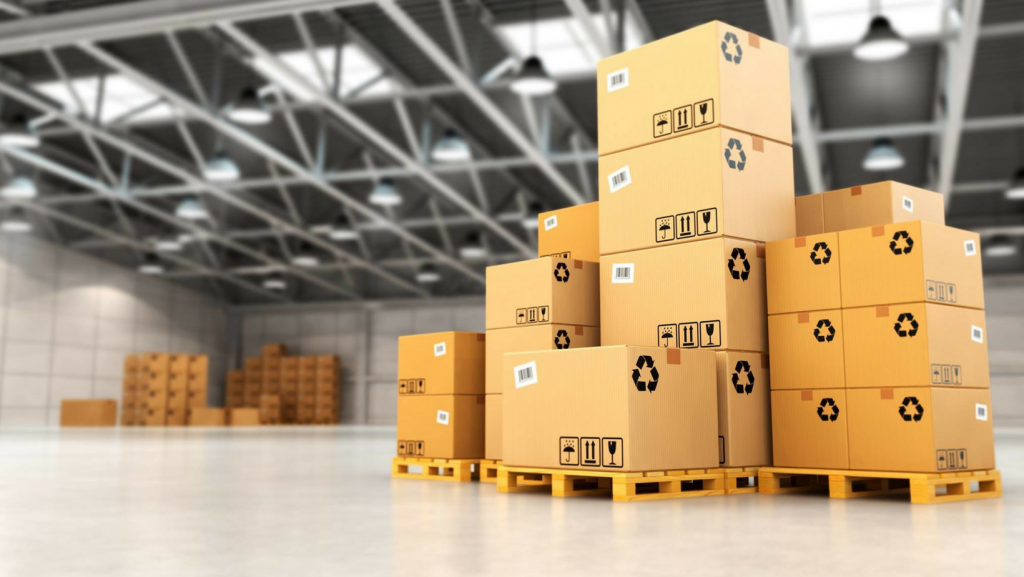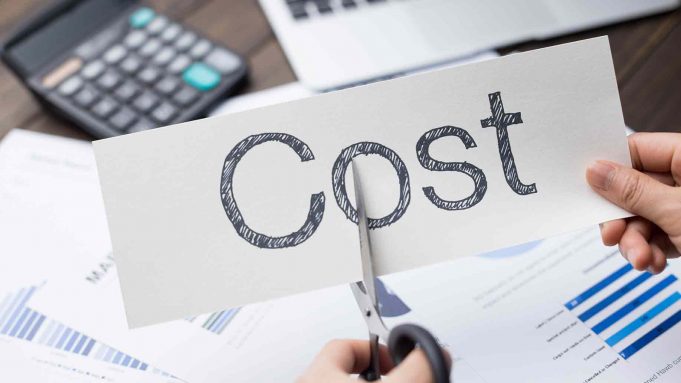Spending less on supplies and equipment can help you maximize profit. But then, you can’t just buy fewer supplies to reduce costs. If you did that, you’d have less to sell and would actually make less money. Buying wholesale can help you reduce costs and increase profits without reducing your inventory.
If you’re a small business not buying boxed wholesale supplies in enormous quantities, it can be challenging to get a wholesaler to give you a good deal. Here’s a guide to making it work for you.

Types of Wholesalers
There are several types of wholesalers, and which you choose will be determined by what you need.
If possible, go straight to the manufacturer. Manufacturers usually sell their products to wholesalers that sell them on to businesses, but depending on your product, you may be able to cut out the middleman.
Distributors are companies that distribute products made by manufacturers. Some are exclusive distributors and have the sole right to that product, and some are regional distributors – both buy the product directly from manufacturers and pass them on to wholesalers or smaller retailers.

Smaller wholesalers are called jobbers or brokers. They usually have a smaller business and work with smaller businesses.
Starting with Wholesale
If you’re a relatively new, small business, you need to start by buying further down the supply chain. This will help you pick up smaller orders for a lower cost, as every time a product makes a step down the supply chain, it goes up in price. The more you spend on each unit of inventory, the more you have to charge your customers to buy it. Keeping your cost per unit down helps you transfer those savings to your customers and build your business.
How to Find a Wholesaler
Finding the right wholesaler is essential, but knowing where to start can be a minefield. Attending a trade show is a great place to start, as you can get a better idea of what’s available to you and also meet representatives from wholesalers in person. If you can’t get to a trade fair, try subscribing to an industry magazine. Wholesalers may have information or ads in these types of publications.

Manufacturers are also a great source of information. If you can’t buy a product directly from them, they should be able to give you a list of their preferred distributors.
Don’t forget Google! Search online for the products and model numbers that you want. You should be able to pull up some results for distributors and wholesalers working with those products.
What Makes a Good Wholesaler
As with most things, picking the first wholesaler you find isn’t a great idea. Here are a few things to consider when making your decision:
- How much they charge for your product, and if discounts are available
- How far away are they? Shipping costs can be expensive.
- Are they a stable business? A wholesaler that goes out of business can have a serious impact on your sales.
- Responsive and helpful customer service.










